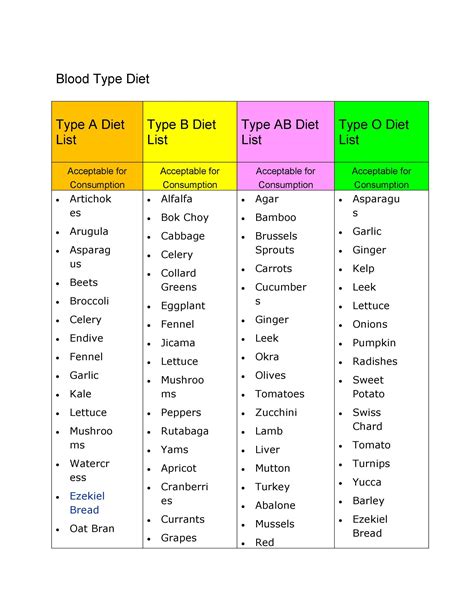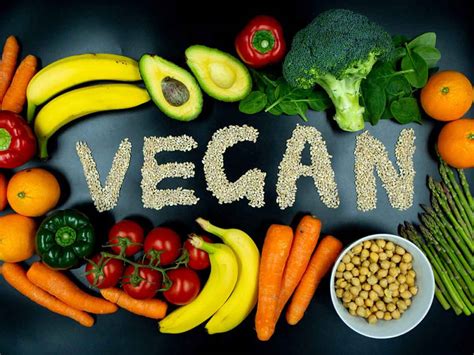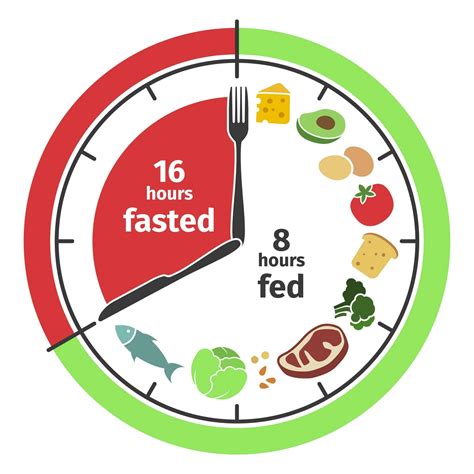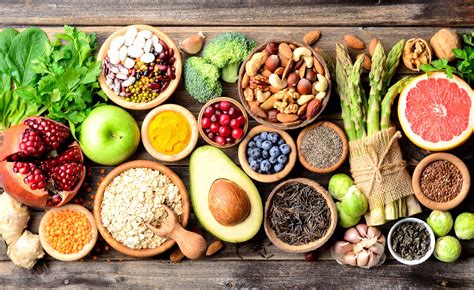Discover the importance of kidney health, learn the benefits of a healthy kidney diet, and get guidelines for creating a balanced kidney diet plan. Find essential nutrients to focus on.
Understanding Kidney Health
Contents
The health of your kidneys is vital for overall well-being and longevity. Understanding how your kidneys function and the factors that affect their health is important for maintaining a healthy lifestyle. Your kidneys are responsible for filtering waste and excess fluids from your blood, maintaining a balance of salts and minerals in your body, and producing hormones that help regulate blood pressure and control the production of red blood cells.
When your kidneys are not functioning properly, it can lead to a buildup of waste and fluids in your body, which can cause serious health problems. Chronic kidney disease, kidney stones, and kidney infections are just a few examples of conditions that can arise from poor kidney health. It’s important to be aware of the risk factors for kidney disease, such as diabetes, high blood pressure, and family history of kidney disease, and take steps to protect your kidney health.
Preventive measures such as drinking plenty of water, maintaining a healthy balanced diet, avoiding excessive alcohol consumption, and not smoking can help protect your kidneys. Regular exercise and managing your weight can also help reduce the risk of developing kidney disease. It’s crucial to monitor your kidney health with regular check-ups and tests, especially if you have risk factors for kidney disease. Understanding the importance of kidney health and taking proactive steps to protect and maintain it is essential for living a healthy life.
Benefits of Healthy Kidney Diet
When it comes to maintaining kidney health, following a healthy kidney diet can have numerous benefits. A balanced kidney diet plan can help to lower the risk of developing kidney disease, reduce the progression of kidney disease in those already diagnosed, and improve overall health and well-being. By focusing on nutrients that are beneficial for the kidneys and avoiding those that can be harmful, individuals can better support their kidney function and enjoy a better quality of life.
One of the key benefits of a healthy kidney diet is the reduction of kidney disease risk. By consuming a diet that is low in sodium, phosphorus, and potassium, individuals can help to prevent the development of kidney disease. Additionally, a diet rich in fiber, healthy fats, and lean proteins can support overall health and reduce the risk of obesity, diabetes, and other conditions that can contribute to kidney damage.
For those who have already been diagnosed with kidney disease, a healthy kidney diet can help to slow the progression of the disease and manage symptoms. By controlling sodium intake, monitoring protein consumption, and focusing on nutrient-dense foods, individuals can help to preserve kidney function and delay the need for dialysis or transplantation. With the right nutritional approach, individuals can also better manage the common side effects of kidney disease, such as fatigue, fluid retention, and weakness.
Overall, a healthy kidney diet not only supports kidney health, but also contributes to better overall health and well-being. By focusing on nutrient-dense foods, controlling portion sizes, and making lifestyle changes to promote healthy eating habits, individuals can enjoy the numerous benefits of a kidney-friendly diet and improve their quality of life.
Guidelines for Kidney-Friendly Eating
When you have kidney disease, it’s essential to follow a kidney-friendly diet to support your kidney health and overall well-being. Eating the right foods can help reduce the risk of complications and slow down the progression of the disease.
One of the key guidelines for kidney-friendly eating is to limit the intake of sodium. High sodium levels can lead to high blood pressure, which can further damage the kidneys. Therefore, it’s important to avoid processed and packaged foods, as they tend to be high in sodium. Instead, opt for fresh fruits and vegetables, and use herbs and spices to add flavor to your meals.
In addition to controlling sodium intake, it’s crucial to monitor your protein consumption. Consuming too much protein can put a strain on the kidneys, so it’s important to limit the amount of protein in your diet. Focus on incorporating high-quality, lean sources of protein such as poultry, fish, and eggs, and be mindful of portion sizes.
Furthermore, managing phosphorus levels is important for individuals with kidney disease. Foods high in phosphorus, such as dairy products, nuts, and seeds, should be limited, as they can contribute to bone and heart health issues in people with kidney disease.
Lastly, it’s essential to stay hydrated by drinking an adequate amount of fluids, but be cautious about the type of fluids you consume. Water is the best option, as sugary beverages and alcohol can have negative effects on kidney function.
Nutrients to Focus on
Nutrients to Focus on
When it comes to maintaining a healthy kidney diet, there are several key nutrients that you should focus on. These nutrients play a crucial role in supporting kidney function and overall health. By paying attention to your intake of these specific nutrients, you can help to protect your kidneys and prevent the progression of kidney disease.
One important nutrient to focus on is potassium. While potassium is essential for normal bodily functions, too much of it can be harmful for individuals with kidney disease. It’s important to monitor your intake of high-potassium foods such as bananas, oranges, and tomatoes, and to work with a healthcare professional to determine the right level of potassium for your individual needs.
Phosphorus is another nutrient that is important to consider. In people with kidney disease, phosphorus levels can become too high, leading to bone and heart problems. It’s important to limit your intake of phosphorus-rich foods such as dairy products, nuts, and seeds, and to take any prescribed phosphorus binders as directed.
Protein is a crucial nutrient for maintaining muscle mass and overall health, but individuals with kidney disease may need to moderate their protein intake. Consuming too much protein can put extra strain on the kidneys, so it’s important to work with a healthcare professional to determine the right amount of protein for your individual needs.
In addition to these specific nutrients, it’s important to focus on sodium intake. Consuming too much sodium can lead to high blood pressure and fluid retention, both of which can be harmful for individuals with kidney disease. It’s important to limit your intake of high-sodium foods and to choose low-sodium alternatives whenever possible.
Creating a Balanced Kidney Diet Plan
Creating a Balanced Kidney Diet Plan
When it comes to maintaining good kidney health, having a balanced diet plan is crucial. A healthy kidney diet not only helps in managing the symptoms of kidney disease, but also plays a significant role in preventing complications and improving overall well-being. It’s important to focus on nutrients that are beneficial for kidney health while also limiting those that can be harmful.
One of the key nutrients to focus on in a balanced kidney diet plan is protein. Although protein is essential for the body, too much of it can put extra strain on the kidneys. Therefore, it’s important to choose high-quality protein sources such as fish, poultry, and eggs, and limit the intake of red meat. Additionally, watching the portion size of protein consumed can also help in managing kidney health.
Sodium is another important factor to consider in a kidney-friendly diet plan. Excessive sodium can lead to high blood pressure and fluid retention, which can be detrimental to kidney function. Therefore, it’s important to limit the intake of processed and packaged foods that are high in sodium. Instead, focus on using herbs and spices to add flavor to meals, and opt for fresh fruits and vegetables as snacks.
A balanced kidney diet plan should also incorporate foods high in antioxidants, such as berries, apples, and red bell peppers. Antioxidants help in reducing inflammation and protecting the body from oxidative stress, which can be beneficial for kidney health. Including omega-3 fatty acids found in fish, flaxseeds, and walnuts, can also be beneficial in managing kidney disease and reducing the risk of complications.
Creating a balanced kidney diet plan involves careful consideration of the nutrients and foods that support kidney health, while also being mindful of those that can pose a risk. Working with a registered dietitian who specializes in kidney health can be helpful in developing a personalized diet plan that aligns with individual needs and preferences.












